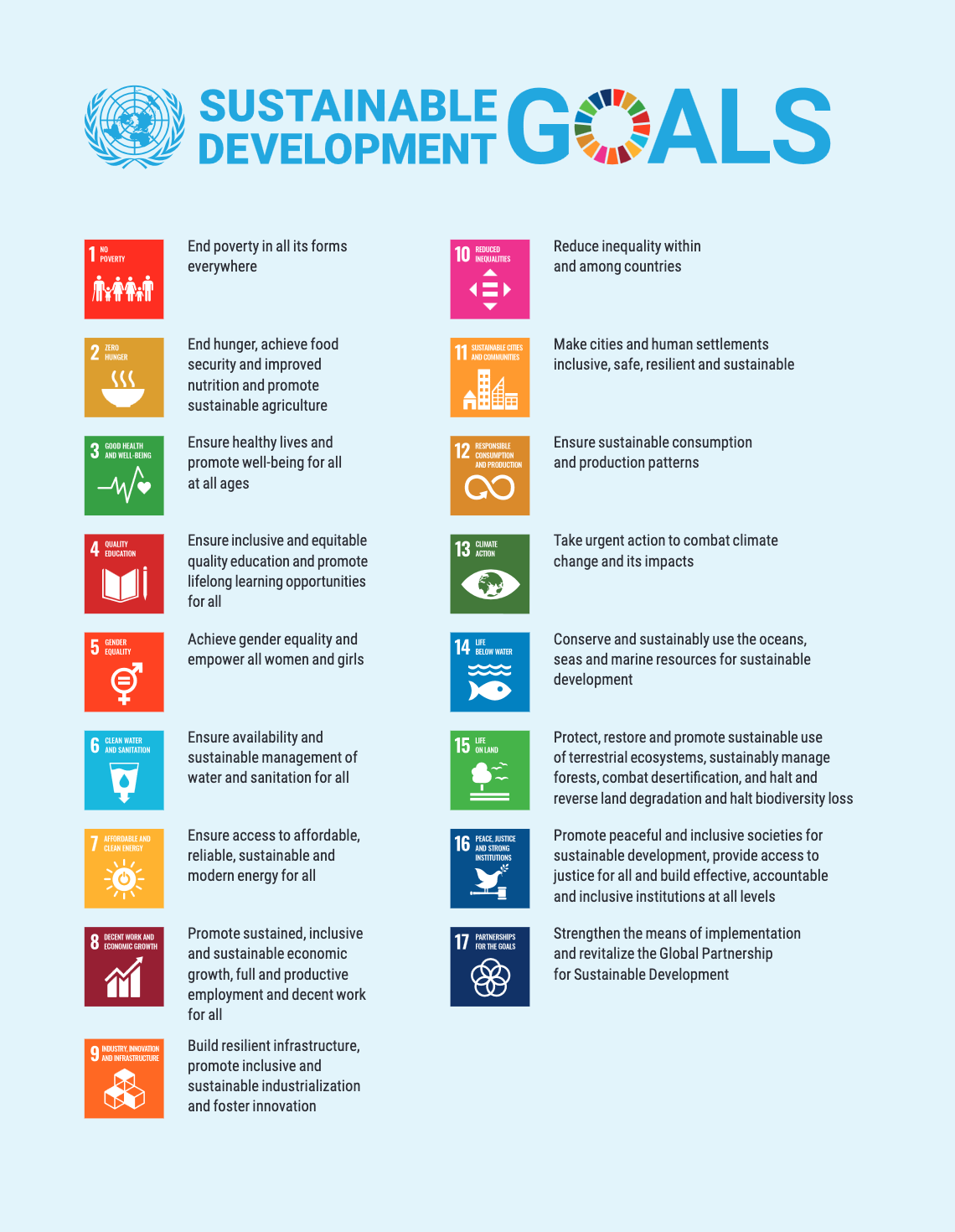

The World Economic Situation and Prospects report, spanning 167 pages, puts forward a figure of $150 trillion as the cost of tackling the environmental challenges we face.
In a recent report that could have significant implications for global economic policy, the United Nations has presented an eye-watering estimate for addressing what it refers to as the "climate crisis." The World Economic Situation and Prospects report, spanning 167 pages, puts forward a figure of $150 trillion as the cost of tackling the environmental challenges we face.

Due to the fact that this kind of spending would have massive implications on the global economy, it is important to unpack the magnitude of this figure. To put it into perspective, $150 trillion is roughly equivalent to half of humanity's accumulated wealth since the dawn of bipedal hominids. This staggering amount, which verges on the inconceivable, is projected to be necessary over the course of the next half-century.
The UN's calculations are primarily based on substantial subsidies for green energy, meant to "transform the global energy sector." This sector is purportedly in need of an investment of around $5.3 trillion per year, which by itself exceeds the entire GDP of an economic powerhouse like Japan. If maintained over 50 years, the total would surpass the already astronomical initial estimate, reaching $265 trillion.
Further breakdown of the proposed spending includes trillions to incentivize poorer nations to join the energy transition, as well as a "loss and damage fund," purportedly designed to compensate for the impacts of global warming on these nations. However, critics argue that such funds may merely line the pockets of corrupt elites rather than foster genuine environmental protection or improvement.
The report also recommends diverting existing development funds to climate-related projects, a move that could potentially undermine infrastructural development such as road and railway construction crucial for economic growth in developing regions.
These proposed expenditures, while monumental in their scope, are not merely theoretical. A summit in Paris, attended by U.S. Treasury Secretary Janet Yellen among others, saw commitments to channel approximately four trillion dollars per year towards these climate initiatives, including the controversial payments to third-world elites.
Despite the seemingly unassailable sums involved, public support for such measures is limited. Surveys consistently reveal that the average voter is unwilling to contribute more than a token amount to the climate change agenda, a figure dwarfed by the ambitions of the climate lobby, which wields significant influence over global policy.
In conclusion, the UN's report signals a potential redirection of trillions of dollars towards combating climate change, a move that is not without controversy. While the efficacy and practicality of these measures are debated, one thing is certain: the conversation around climate change funding is set to intensify as these figures come under greater scrutiny.